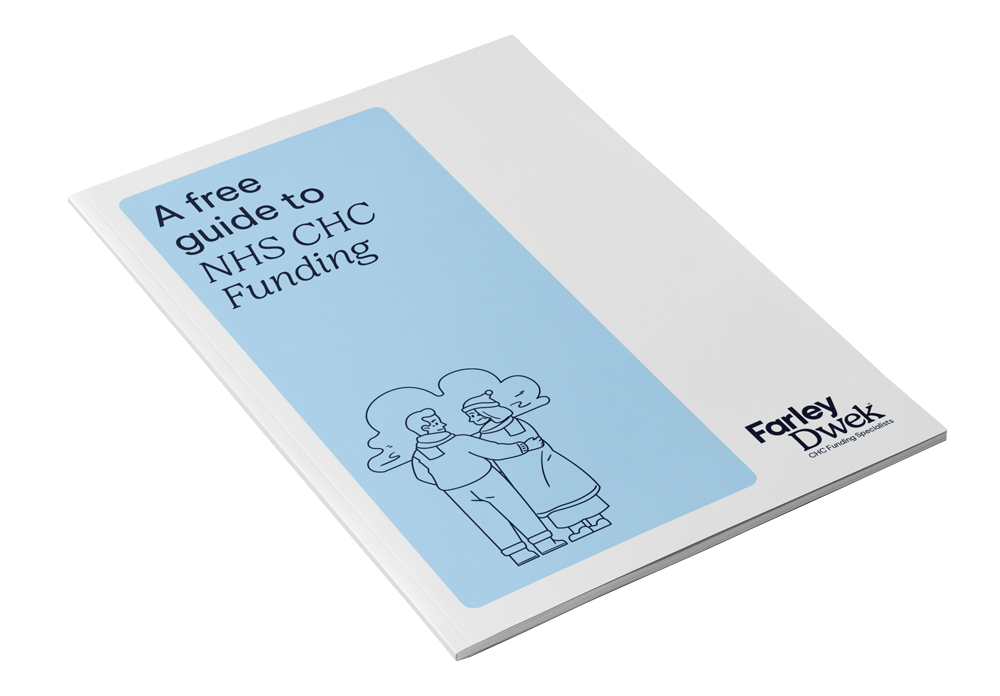Wills
A Will or Testament is a legal document that expresses a person’s (testator) wishes as to how their property (estate) is to be distributed after their death and as to which person (executor) is to manage the property until its final distribution.
Making a Will is the only way you can ensure that your wishes are carried out after your death.
Myth buster – unless you are married, your partner will not automatically receive anything from your estate.
Making a Will is the only way you can control who receives your estate when you die. However, over 27 million adults living in the UK are thought not to have one. Over half of those adults know they need one, but have simply not got around to it.
It is important to have a Will if you:
- have children
- don’t have children
- are married
- are co-habiting
- are single
- have a business or own property, or
- are worried about inheritance tax or care home fees
A Trust is a way of protecting assets by placing those assets under the control of your chosen trustees who will then apply those assets to your beneficiaries in accordance with the terms of the Trust.
Trusts are extremely useful in the following situations – to name but a few:
1. Delaying your children’s inheritance until they are older (and more responsible!)
2. Protecting capital for vulnerable beneficiaries
3. Generational tax planning
4. Business Succession
5. Protecting your estate for your children where you have been married before
Myth buster… Trusts, when managed properly, do not have to be expensive or complex, but can be invaluable in preventing future problems.
Excluding someone from your Estate
Although in England we have, what is known as, ‘testamentary freedom’ – which means that you can leave your estate to whoever you wish in certain circumstances, the law can override your wishes.
Under the Inheritance (Provision for Family and Dependants) Act 1975, certain people can make a claim against your estate. This includes a spouse or ex-spouse, civil partner, cohabitee, child or someone dependent on you who may be eligible to bring a claim.
This is not intended as substitute for bespoke advice tailored to your individual circumstances, but may help you to understand some of the considerations when making a Will.
There are certain important aspects to your Will which include:
- Your Executors and Trustees
- Who you want to receive your estate, and
- How they should receive your estate
There are also other provisions we can include, such as your funeral wishes, any specific or cash legacies, nomination of guardians for your children and provisions for your business.
Your estate is everything that you own whether jointly with another person or in your sole name. This can include a house, cash, investments, shares, your car and your personal items like jewellery, watches and antiques, etc. Your estate can also include your digital estate such as your i-tunes purchases or PayPal account.
In most cases these will be the same people. Your Executors are responsible during the administration of your estate, dealing with the assets of your estate, and then distributing them in accordance with the terms of your Will. This role can involve: closing your bank accounts, selling shares/investments and selling your house. Your Executors are also responsible for paying any debts.
At the end of the administration (when all the assets have been realised and debts paid) your Executors may need to take on the role of Trustees to look after the assets if there are any Trusts created by your Will; for example, if there are any children under 18.
Myth buster … You can appoint a Beneficiary as an Executor.
Appointment of Guardians
In your Will, you can nominate one or more people whom you would like to look after your children if they are under 18. This provision cannot supersede a parent’s right if they have parental responsibility, but it is an important consideration should both parents pass away.
You can appoint the same person to be both an Executor and Guardian, but it is a big responsibility, and many clients feel more comfortable having different people in this role.
Cash/Specific Legacies
These are used where you want to give a specific amount of money or a specific item to someone or a group of people.
For example, “I give £1,000 to each of my grandchildren” – this would allow £1,000 each to be given to however many grandchildren you had at the date of your death.
Generally speaking, where you wish to leave items, we usually refer to a side Letter of Wishes.
Your Residuary Estate
This is usually the largest part of your estate for distribution, and is calculated as the balance remaining after deduction of your debts, funeral expenses, any cash or specific legacies and the costs of administering your estate.
You can leave your Residuary Estate:
- To one or more than one person
- To charity, or
- In trust (see below)
You should also think about where your estate would go should your first beneficiary die before you, and what would happen if all your beneficiaries didn’t survive (we call this the ultimate default clause).




